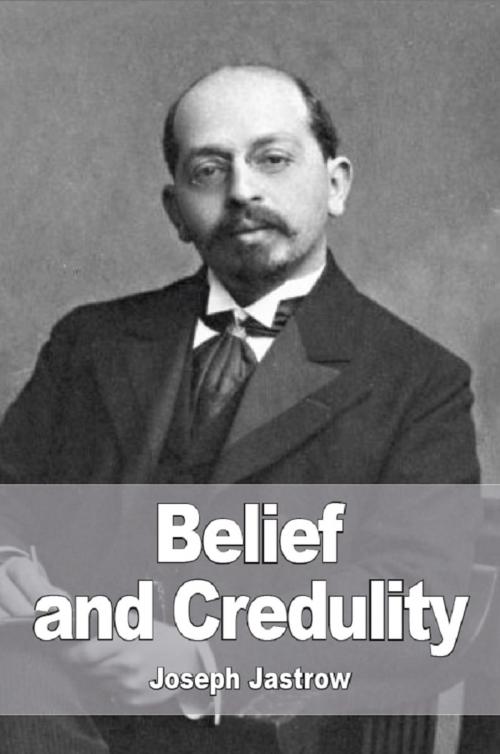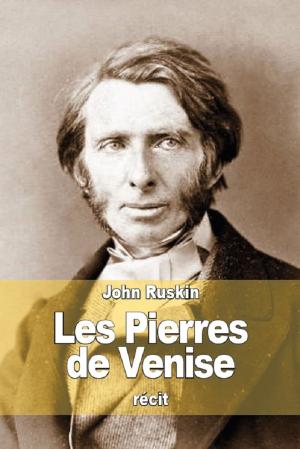| Author: | Joseph Jastrow | ISBN: | 1230002748566 |
| Publisher: | Prodinnova | Publication: | October 27, 2018 |
| Imprint: | Prodinnova | Language: | English |
| Author: | Joseph Jastrow |
| ISBN: | 1230002748566 |
| Publisher: | Prodinnova |
| Publication: | October 27, 2018 |
| Imprint: | Prodinnova |
| Language: | English |
“ The vital history of human development is to be sought in the history of beliefs. The inscriptions of Egypt or of Babylon, tho rendered in modern tongues, speak an imperfect message until illuminated by some insight into the beliefs which these cultures cherished. The amazing ruins of Copan, the serpent mound of Ohio, remain mute and inglorious until we can solve the riddle of the beliefs of their builders. Dead Pompeii becomes a living city when we people its streets with the hopes and fears, the beliefs and opinions of its last inhabitants. The history of the arts and the sciences, of society and of religion, specifically involves an account of the succession of beliefs and of the growth of belief-habits. The story of men’s doings is likewise, in large measure, a reflection of their beliefs; conduct, whether of individuals or of masses of men, remains an undeciphered record until interpreted as the concrete expression of definite beliefs. The spring of action is motive, and the intellectual impetus to motive is again, belief...”
“ The vital history of human development is to be sought in the history of beliefs. The inscriptions of Egypt or of Babylon, tho rendered in modern tongues, speak an imperfect message until illuminated by some insight into the beliefs which these cultures cherished. The amazing ruins of Copan, the serpent mound of Ohio, remain mute and inglorious until we can solve the riddle of the beliefs of their builders. Dead Pompeii becomes a living city when we people its streets with the hopes and fears, the beliefs and opinions of its last inhabitants. The history of the arts and the sciences, of society and of religion, specifically involves an account of the succession of beliefs and of the growth of belief-habits. The story of men’s doings is likewise, in large measure, a reflection of their beliefs; conduct, whether of individuals or of masses of men, remains an undeciphered record until interpreted as the concrete expression of definite beliefs. The spring of action is motive, and the intellectual impetus to motive is again, belief...”















